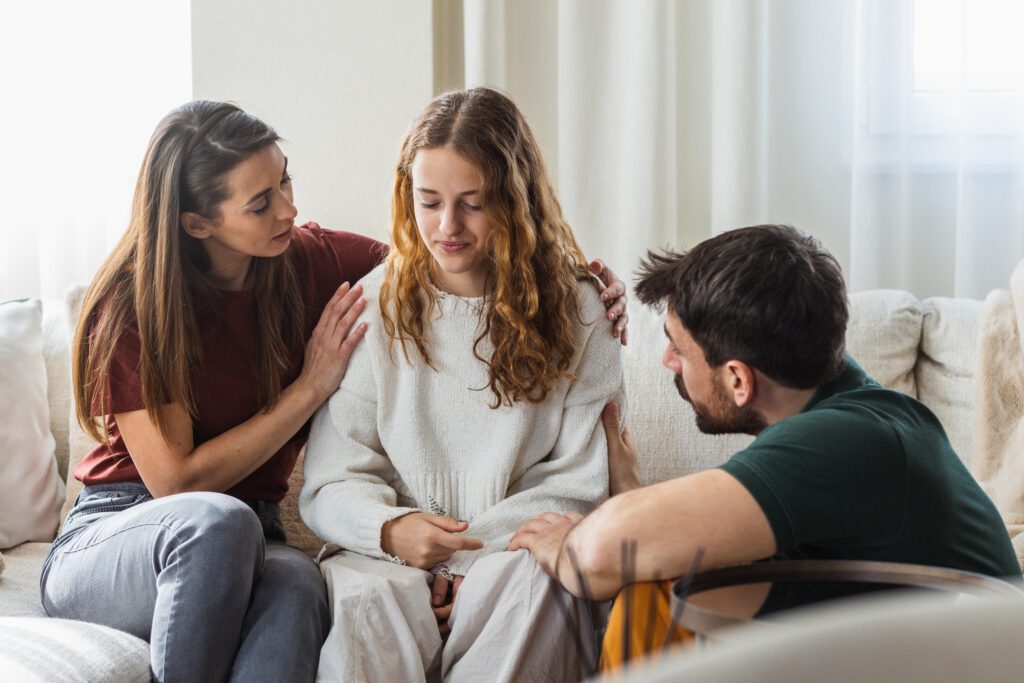Mental health is an integral part of overall well-being, yet it’s often overlooked or misunderstood. Just as physical first aid is essential in emergencies, mental health first aid is crucial in supporting individuals experiencing mental health challenges. Contrary to popular belief, you don’t need to be a mental health professional to provide effective assistance. With the right knowledge and approach, anyone can learn and practice mental health first aid. In this blog, we’ll explore how anyone can empower themselves to become a mental health first aider.
Mental Health First Aid (MHFA) is akin to physical first aid but focuses on providing initial support to someone experiencing a mental health crisis or developing a mental health problem. It involves recognizing signs of distress, offering reassurance, and guiding individuals toward appropriate professional help if needed. MHFA is not about diagnosing or treating mental illnesses but rather about offering empathy, understanding, and practical support.
Just as CPR class requires specific training, mental health first aid is actually a course you can take. Mental Health First Aid is offered by the National Council for Mental Well-being. link here This training focuses on helping you develop an understanding about common symptoms of mental health conditions and some tools to help you reach out to a person in need.
A key skill is learning to recognize common signs of mental health issues, such as changes in behavior, mood swings, withdrawal from activities, or expressions of hopelessness. Understanding these signs can help you intervene early and offer timely support.
Before people seek solutions, they first need compassion. You can building active listening skills and practice effective ways to express empathy. Learning how to give full attention, avoiding judgement and interrupting are also key skills tp help you meet the immediate needs of someone in crisis. Learning active listening keeps us from jumping into our own story or offering unhelpful solutions.
Knowing where to send someone for professional help is also part of mental health first aid. The more you understand about your local mental health supports and types of care the more encouraging you can be for someone needing professional support.
The more of us that seek to learn and develop mental health first aid skills, the greater advocates we become. Openness about seeking mental health support is a powerful way to fight stigma and the isolation it creates. The more we have conversations and learn how to support each other, the fewer misconceptions we will have about mental health and it is more likely others will seek help.
Mental health first aid also benefits you personally. It gives you tools to make a difference in the lives of others. Putting these tools to work builds your empathy and even supports your personal resilience. Contributing to your community is a powerful method of building your own connectedness and purpose.
Becoming a mental health first aider is not about having all the answers or being a trained therapist. It’s about showing compassion, offering support, and being there for someone in need. By learning the basics of mental health first aid, anyone can play a vital role in promoting mental well-being and supporting those struggling with mental health challenges. Together, we can create a more empathetic and supportive world for everyone.







